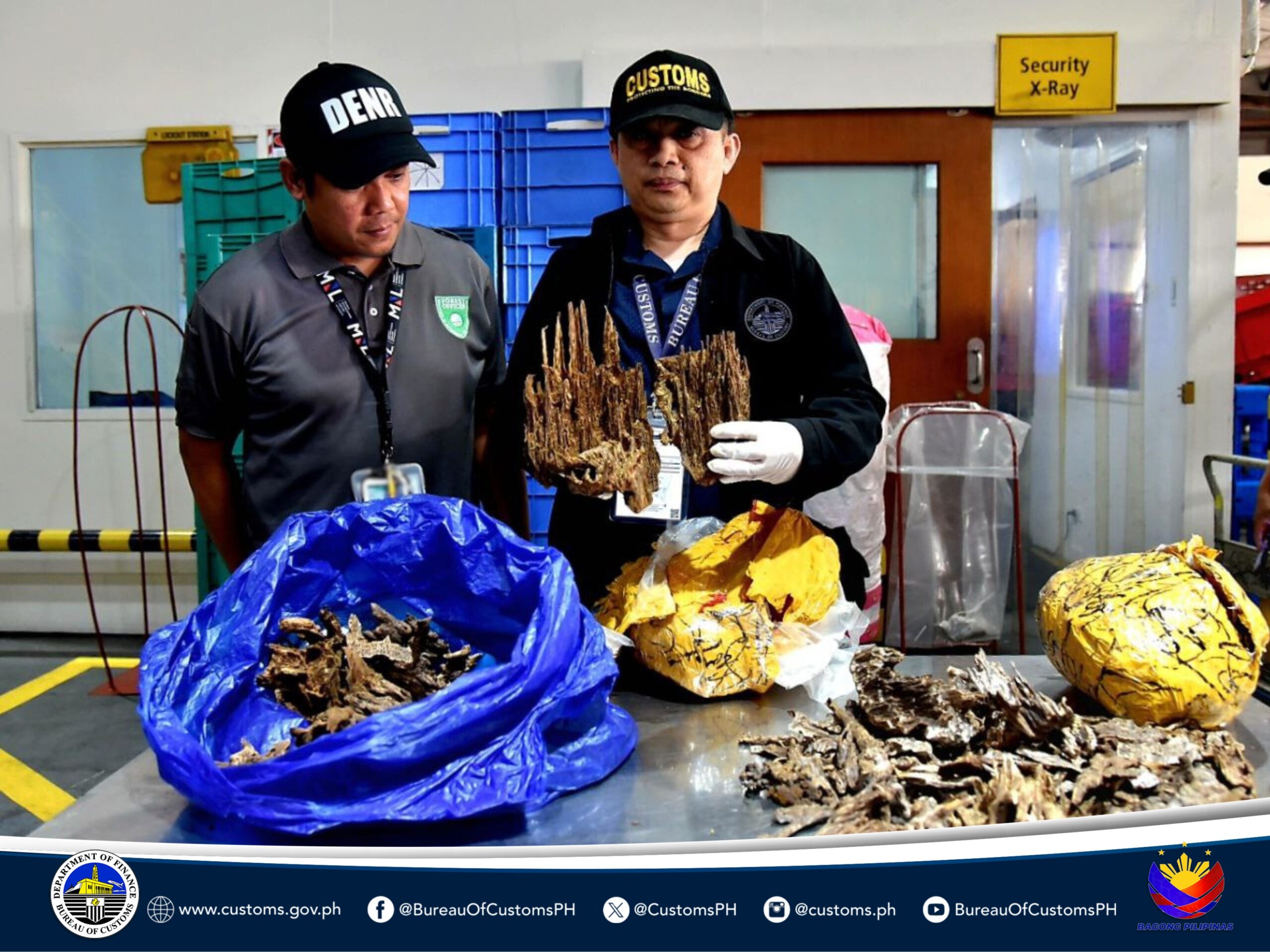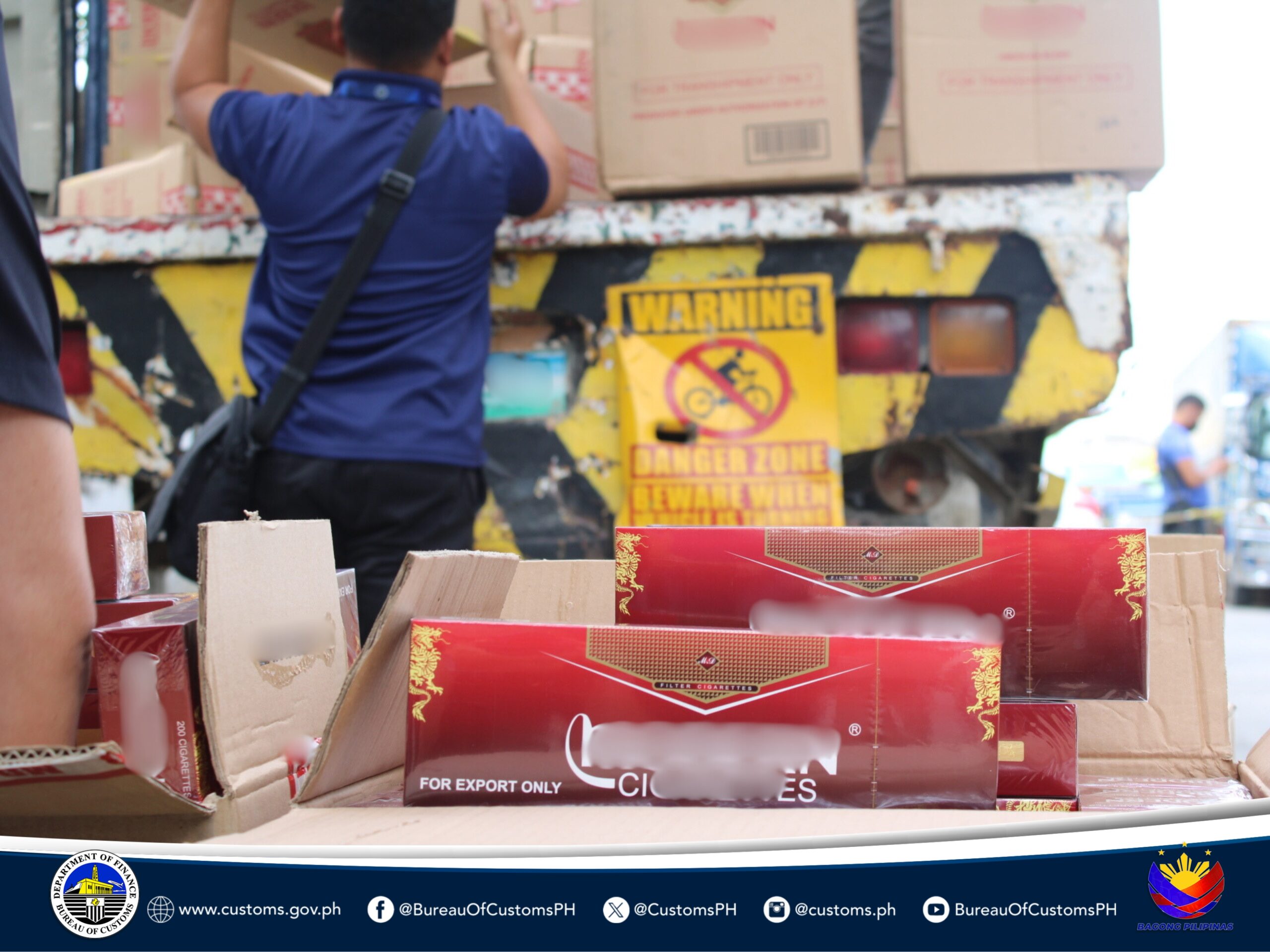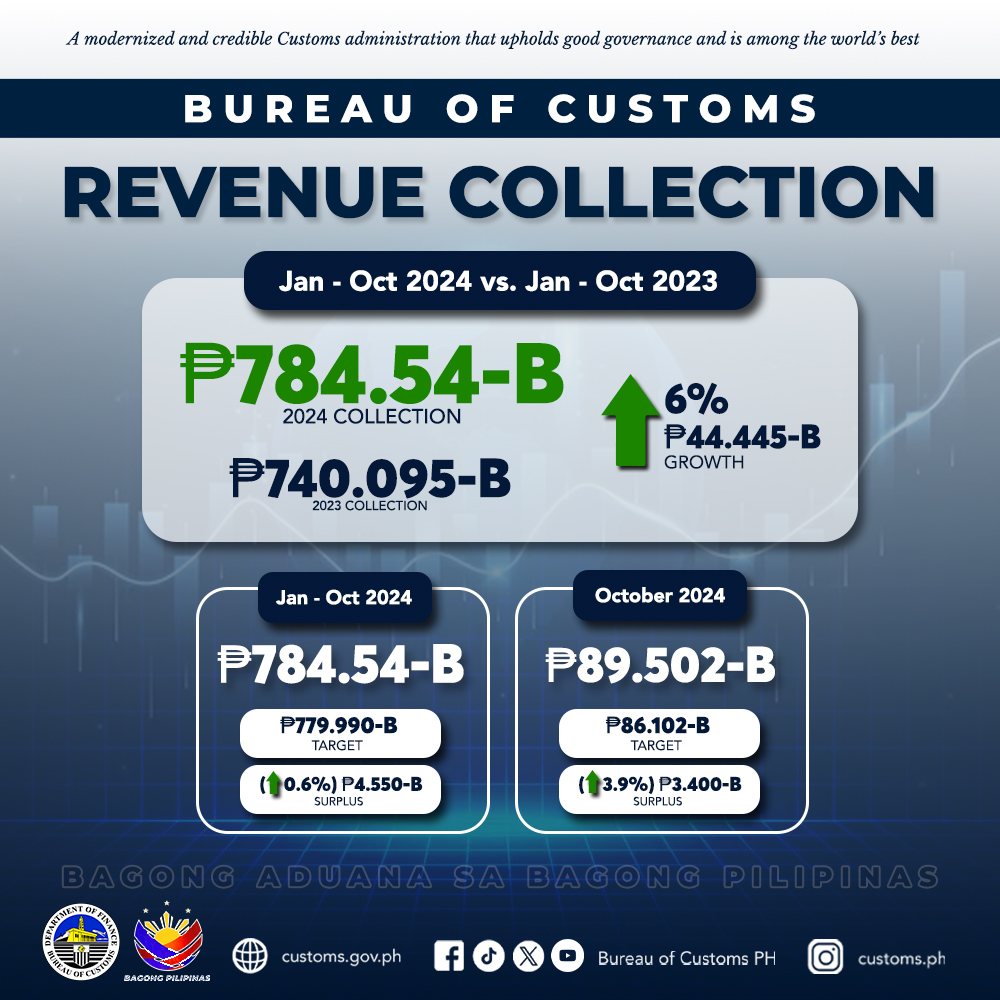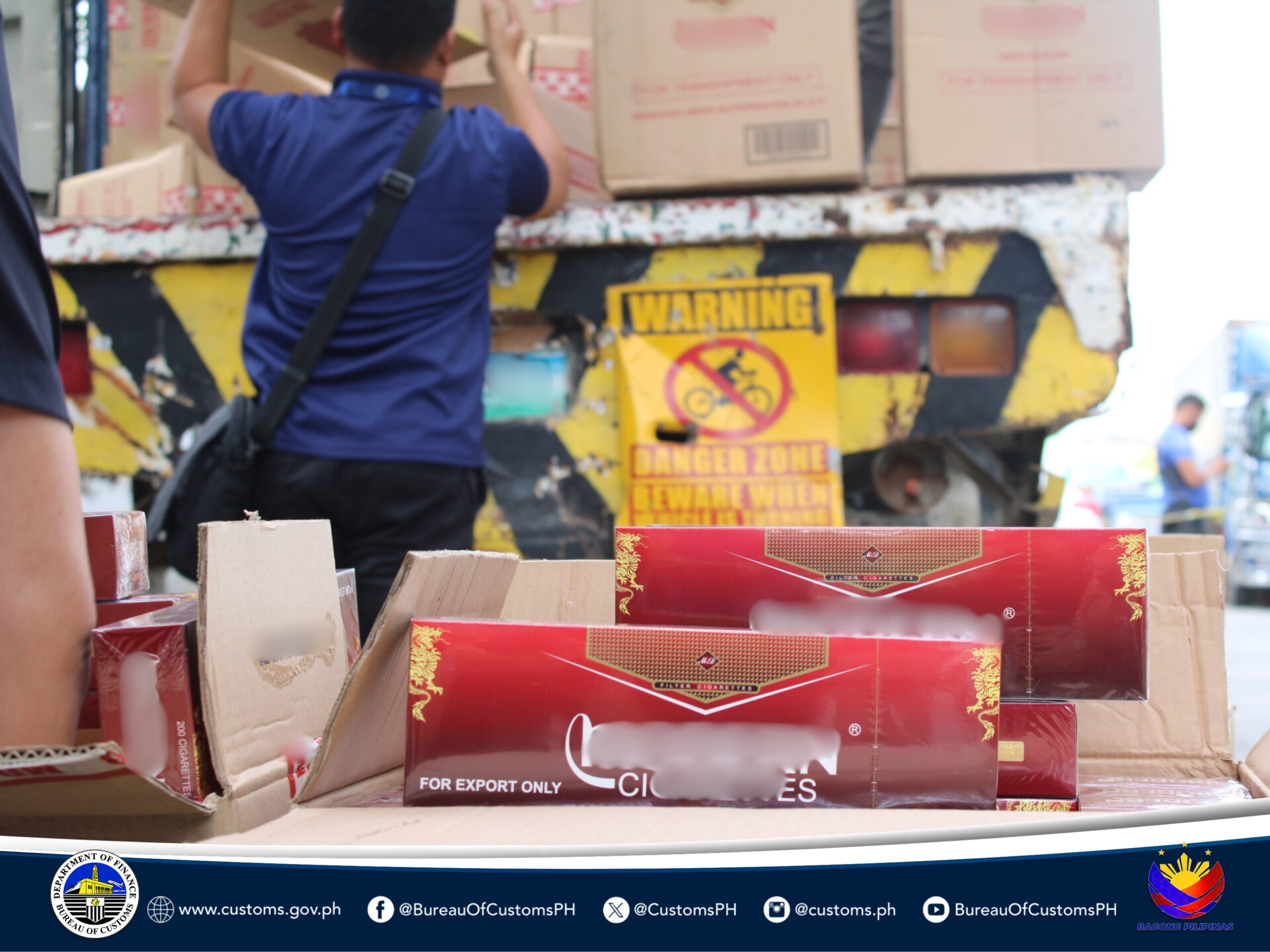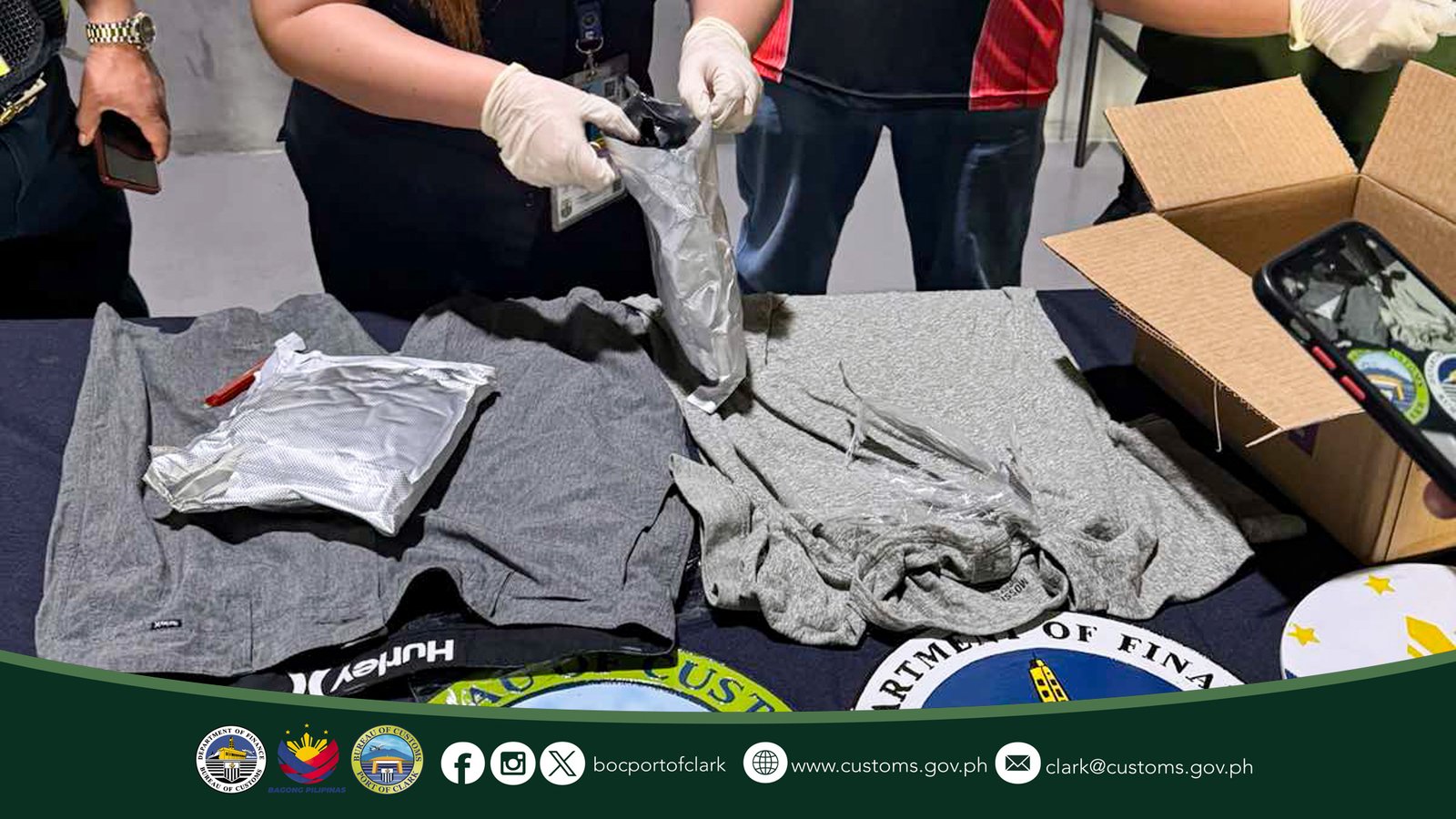
During a congressional inquiry earlier this week, legislators scrutinized the Office of the Vice President (OVP) over substantial, undocumented expenses for safehouse rentals reportedly spanning only 11 days in December 2022. The hearing revealed that the OVP allocated PHP16 million for 34 safehouses, averaging PHP91,000 per day per property—an amount that exceeds the cost of luxury accommodations at top-tier resorts. Lawmakers questioned the rationale and transparency behind such expenditures, with many suspecting possible misallocation or misuse of funds.
Concerns deepened as COA officials admitted to a lack of oversight capabilities for verifying the legitimacy of the submitted receipts. Lawyer Gloria Camora, representing COA, acknowledged that the acknowledgment receipts submitted by the OVP were the primary documents available for auditing, but these lacked essential details such as signatures, property descriptions, or accompanying lease contracts. The committee chair, Manila 3rd District Rep. Joel Chua, voiced concerns over the excessive rates and the scant information provided, noting that the absence of supporting documents undermined accountability efforts.
Further complicating the issue, COA officials acknowledged that the submitted documents lacked essential details for effective verification, including signatures and dates, specifics about the locations, and actual expenses associated with each safe house. Without this information, COA auditors were left with limited means to substantiate the rentals, leading some lawmakers to suspect the existence of fabricated or inflated receipts. Lawmakers voiced frustration, pointing out that the lack of detail hampered efforts to ensure the funds were used legitimately.
Some defenders may attempt to minimize the issue, arguing that the misdating of receipts is merely a clerical oversight. However such arguments overlook the larger implications. The misdating of official documents creates an administrative smokescreen that can obscure the actual flow of funds and prevent clear oversight. What else might be inaccurate if these receipts cannot be trusted to provide accurate dates? How many other financial documents within the OVP might contain errors or inconsistencies? And what does this mean for taxpayers who fund this office?
Misusing acknowledgment receipts may seem mundane, but it represents a larger betrayal. Each misdated document symbolizes another chink in the armor of Philippine governance, eroding the values of honesty and ko integrity that government officials are sworn to uphold. Allowing such discrepancies to go unchecked only paves the way for future abuses.


